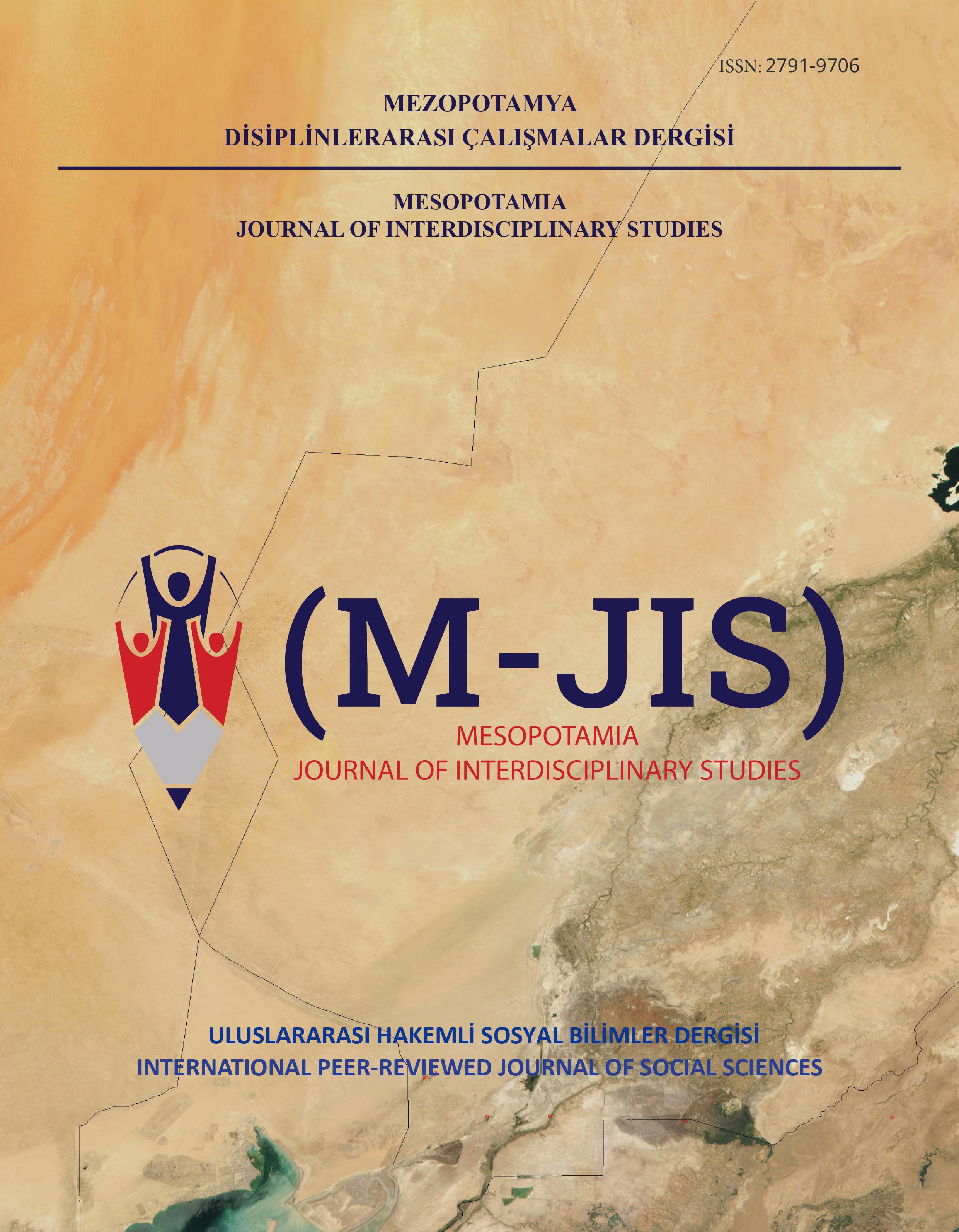Author :
Abstract
Bu araştırma, Türkçe öğretmenlerinin ev ödevlerinin çocukların bilişsel gelişimine olan etkileri hakkındaki görüşlerini belirlemeyi amaçlamaktadır. Nitel araştırma yaklaşımı ve durum çalışması modeli kullanılarak gerçekleştirilen çalışmada, Türkiye'nin batı illerinde görev yapan 10 Türkçe öğretmeni ile yarı yapılandırılmış görüşmeler yapılmıştır. Elde edilen veriler tümdengelimci analiz tekniğiyle analiz edilmiştir. Araştırma sonucunda, Türkçe öğretmenlerinin tamamı ev ödevi verilmesini doğru bulmakta ve bunun öğrencilerin öğrenmelerinin kalıcı olması, konuları pekiştirmesi, sorumluluk bilinci kazanması ve bilişsel gelişimlerine katkı sağlaması açısından önemli olduğunu düşünmektedirler. Öğretmenler, ev ödevlerinin öğrencilerin üst düzey düşünme becerilerini geliştirdiğini, öğrenme sürelerini olumlu etkilediğini ve yapılan geri bildirimlerle öğrencilerin doğru öğrenmeler gerçekleştirdiğini belirtmişlerdir.
Keywords
Abstract
This study aims to determine the views of Turkish teachers on the effects of homework on children's cognitive development. In the study conducted using a qualitative research approach and a case study model, semi-structured interviews were conducted with 10 Turkish teachers working in the western provinces of Türkiye. The data obtained were analyzed using a deductive analysis technique. As a result of the study, all Turkish teachers find it right to give homework and think that it is important for students to learn permanently, to reinforce the subjects, to gain a sense of responsibility and to contribute to their cognitive development. Teachers stated that homework develops students' high-level thinking skills, positively affects their learning time and that students learn correctly with the feedback they receive.





